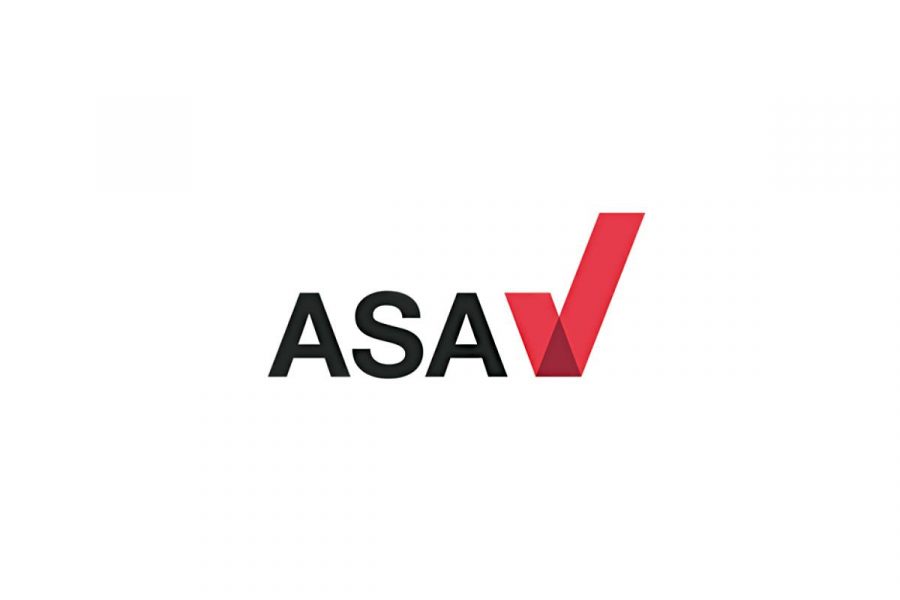UK advertising watchdog sees improvements in age controls

However, it says age verification measures still need to be improved.
UK.- The Advertising Standards Authority (ASA) has published an update on its 100 Children Report into children’s exposure to advertising for age-restricted products, including gambling. It noted a significant improvement but said that better age verification measures were still needed.
The original report in November said that the ASA had monitored a panel of 97 children over one week, in which they received 11,424 online ads. Some 435 (3.8 per cent) of these related to alcohol, gambling or other age-restricted content.
In its latest update, the ASA said that it observed 37 adverts related to gambling. It said it “prioritised engagement with 30 advertisers, their agencies in some cases, and YouTube and Meta, concerning the 73 instances when an age-restricted ad was delivered to children in apparent clearcut breaches of the Code”.
Gambling operators said that through their categorisation as gambling service providers on social media, their account configurations and campaign settings do not allow them to target minors. However, the ASA said more effective age verification measures are needed and that it will continue its cooperation with advertisers, agencies and platforms.
Earlier this month, the ASA upheld complaints against Ladbrokes about two Twitter posts featuring football managers. It has ordered the operator to remove the posts. The posts featured Newcastle United manager Eddie Howe and other managers and referenced betting odds. The ASA ruled that they could potentially appeal to under 18s.
Meanwhile, the Committee on Advertising Practice (CAP) has updated two sections of its code for lottery advertising in order to clarify rules designed to avoid the targeting of lottery products at under-25s. The committee says that adverts must not feature people who are or who seem to be under 25.
The CAP says that this is not a change but rather a clarification since the rules apply to all gambling advertising in general. However, the CAP stressed that this includes lottery. It also emphasised that the rule is not only a ban on people who are actually under 25 but on anyone who could be perceived as under 25.









